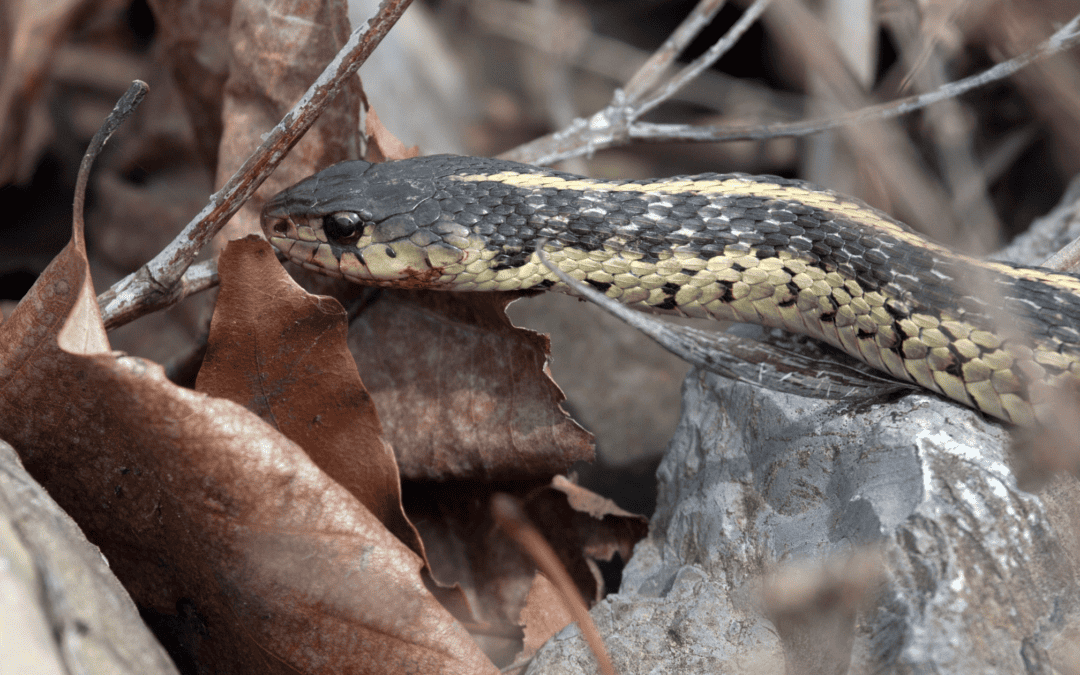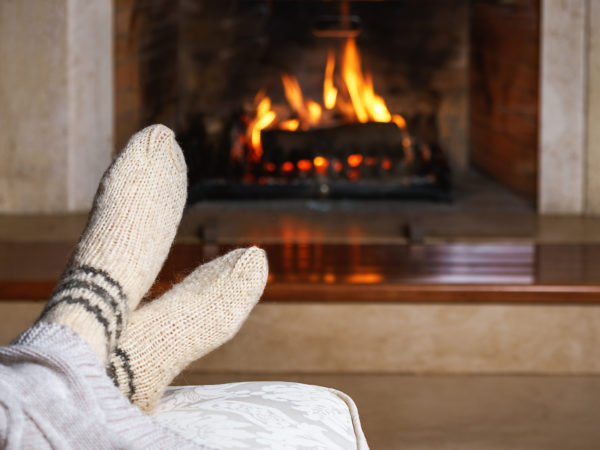READY TO GET STARTED?
REQUEST A FREE ESTIMATE
Fill out the form below or call (888) 466-7849 for a free, no-obligation estimate.

Georgia, with its diverse wildlife, is home to a variety of snake species. As temperatures begin to drop, many people wonder if snakes, like other animals, hibernate during the winter months. In this blog post, we’ll explore the intriguing world of snake hibernation, the differences between hibernation and brumation, and provide valuable tips for effective snake control in your Georgia home.
Contrary to popular belief, snakes don’t undergo true hibernation. Instead, they enter a state called brumation. While hibernation involves a deep sleep, brumation is more of a slowed-down metabolic state. Snakes become less active, but they are not completely dormant. This adaptation allows them to conserve energy during colder months, making it easier to survive until warmer temperatures return.
Brumation typically occurs when temperatures drop, signaling snakes to find a sheltered spot to wait out the cold season. Unlike mammals in hibernation, snakes may occasionally emerge during milder days to bask in the sun and regulate their body temperature. Understanding this behavior is crucial for effective snake control, especially if you want to keep these slithering creatures away from your property.
Concerned about snakes on your property? Our expert pest control team in Georgia is here to help! Whether you need snake removal or wildlife management, we offer effective and humane solutions. Request a free pest control quote today to safeguard your home and enjoy a snake-free environment.
Understanding the habits of snakes during colder months is essential for effective snake control in Georgia. By implementing these tips and being proactive, you can reduce the likelihood of encountering snakes on your property. For comprehensive snake removal and pest control services, reach out to an experienced pest control company. Enjoy peace of mind in every season with our reliable wildlife management solutions.
Request your free pest control quote today and keep your home snake-free!

While most of us look forward to the holidays that come with the onset of winter, many of us don’t look forward to the snow, ice, and freezing temperatures that also come along with it. Pests feel the same way we do about cold weather and have developed several different methods to survive these frigid temperatures. So where do pests go in the winter? As much as we’d like to believe they just disappear until spring, unfortunately this isn’t the case. Pests have developed 3 major ways to survive winter:
Migration is the seasonal movement from one region to another. Just like humans, pests want to go where it’s warmer when the weather gets cold. Some pests will move to southern regions to escape the cold and return to the northern areas when the weather starts to warm. One of the most well known examples of migration is the monarch butterfly.
Hibernation is a period of time spent in a dormant state in order to survive the unfavorable conditions of winter. Bears aren’t the only animals that hibernate during the winter! Ladybugs hibernate at high elevations. Wasps seek shelter in eaves and attics of houses or barns to hibernate. Many other pests hibernate in trees, leaf debris, under logs, and under rocks. Honeybees stay in hives during the winter and form clusters when the temperatures start to fall.
Overwintering is the process in which pests pass through or wait out the winter season in sites that provide protection from the cold winter temperatures. Ladybugs, box elders, and stinkbugs overwinter in secluded, sheltered places like your home. These pests tend to congregate in large numbers so if they overwinter in your home they could infest in large numbers. Pests like rodents, cockroaches, spiders and flies remain active during the winter in our homes. They move indoors in search of warmth and food. Spiders are relatively harmless but flies can contaminate food and surfaces. Rodents can not only contaminate your food and insulation but can also chew through wood causing structural damage and chew through wires putting your home at risk of fire and other issues.
Now that you know where pests go in the winter you can help get your home ready to prevent these overwintering pests from invading your space. If you suspect you have a winter pest problem contact a professional who can help identify the pests and help you develop a treatment and prevention plan.